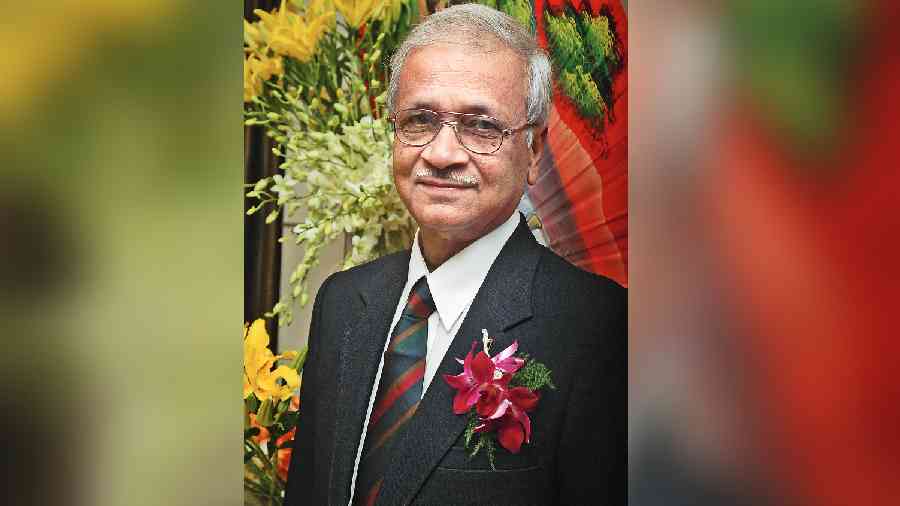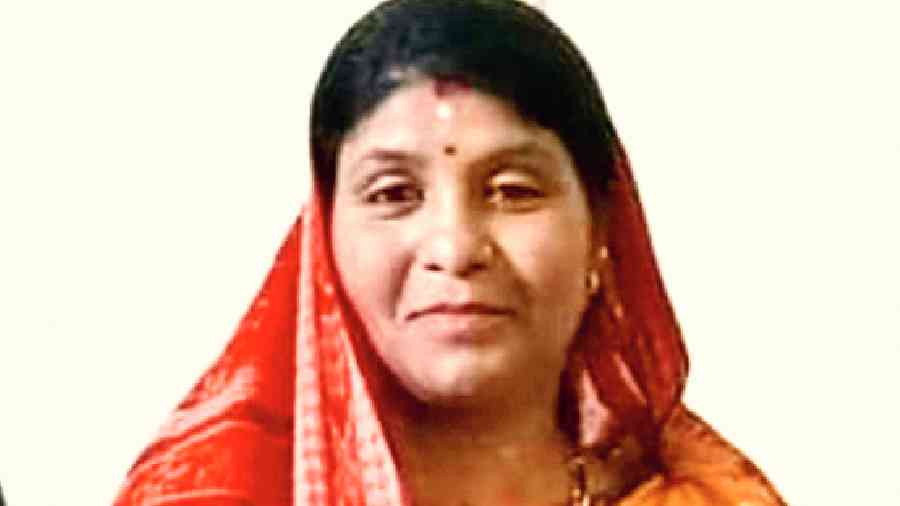Dilip Mahalanabis, the doctor who helped prove the effectiveness of oral rehydration solution (ORS) by administering it to a large number of cholera patients at a refugee camp in Bongaon during the 1971 war, passed away at a private hospital on Sunday. He was 88.
The doctor had donated his life’s savings of Rs 1 crore to the Institute of Child Health at Park Circus. A new ward for children was built with the money, and it was named after him and his wife Jayanti, said Apurba Ghosh, director of the Park Circus institute.
Mahalanabis was admitted at Apollo Multispeciality Hospital on October 1, an official of the hospital said. He passed away at 2.45am on Sunday, the official said.
Abhijit Chowdhury, a public health expert, said Mahalanabis was “an epoch-making doctor from Bengal”.
“Another doctor from Bengal, S.N. De, had demonstrated the efficacy of ORS experimentally but Mahalanabis was the one who proved its efficacy by administering it to a large number of people in the refugee camp in Bongaon. Years later, the WHO (World Health Organisation) acknowledged the benefits of ORS,” Chowdhury said.
“This is one of the greatest inventions of medical science and two doctors from Bengal were behind it.”
There was a shortage of saline in the Bongaon refugee camp. Mahalanabis prepared a solution of sugar, salt and water and kept it in a drum, Chowdhury said. To convince people about its usefulness, he called it “oral saline”, Chowdhury added.
“He told people in the refugee camp to drink the water until they felt hungry or until they did not feel weak any longer. This way, he cured many from cholera,” he said.
A book, Eksho Tarar Alo, which showcases the sterling achievements of 105 doctors from Bengal has an essay on the contributions of Mahalanabis. Chowdhury and Ashokananda Konar, another doctor, are the book’s editors.
The essay says the 1971 camp where Mahalanabis worked had far fewer deaths compared with other camps where intravenous saline was given to the patients. In Mahalanabis’s camp, people drank the oral solution.
Mahalanabis had begun researching oral rehydration therapy (ORT) in 1966 as a research investigator for the Johns Hopkins University International Center for Medical Research and Training.
In 2007, when Mahalanabis was honoured by Thailand, the doctor recalled: “I started my research in ORT under controlled conditions using cholera as the model. But it was only in 1971 that we used it on a large scale.”
The Johns Hopkins research centre was based out of the Institute of Child Health at Park Circus, Apurba Ghosh said. “He had a connection with our hospital, which is probably why he chose to donate his savings to us,” he added.
In 1983, Mahalanabis was made a member of the WHO’s Diarrhoeal Diseases Control Programme. He remained in that role for over five years. The programme’s objectives included travelling across the world to take part in discussions and prove the efficacy of the use of the salt-sugar-water mixture, and promoting research in laboratories.












